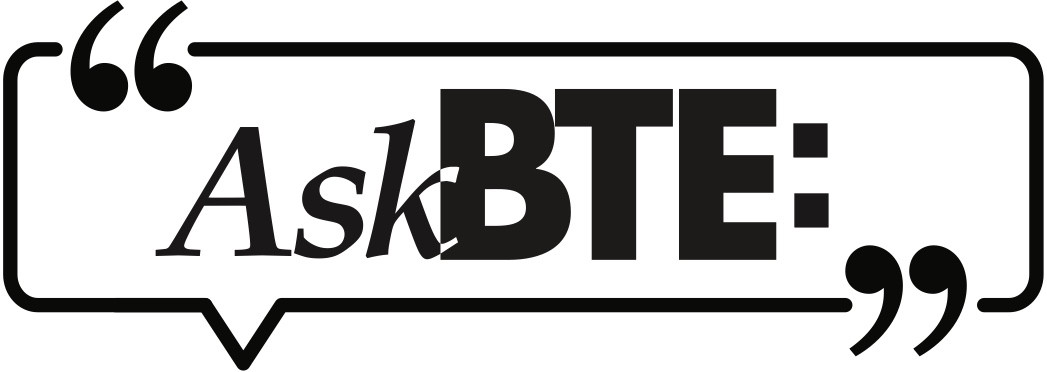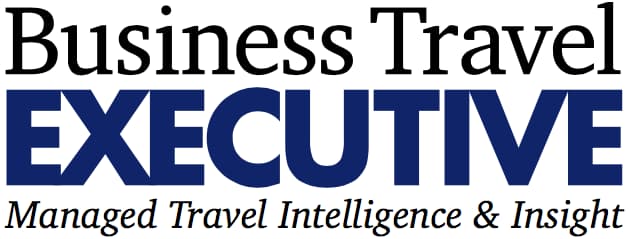
Is The Corporate Travel Market Weakening?
Air ticket volumes processed through ARC this fall and recent commentary from airline executives reflected a healthy business travel market. Other indicators, though, pointed to slowing corporate travel. Booking volumes through global distribution systems, for example, have been slipping. The lodging industry in particular is expecting a period of softness and analysts project minimal rate growth and lower occupancy next year.
According to a Nov. 20 statement from STR senior VP of consulting and analytics Carter Wilson, "There’s more evidence for a pronounced slowdown on the horizon."

In late October, Hilton CEO Christopher Nassetta told Wall Street analysts that the company expected 2020 revenue per available room to be flat or marginally higher. "Businesses don't like uncertainties when they are trying to make decisions on hiring more people, investing in plant equipment technology and making bigger decisions that drive investment and drive demand for hotel rooms," Nassetta said. Referencing Brexit, trade wars and underlying economic trends, he said, "The caution flags are out."
An October survey conducted by UK-based business travel tech startup SalesTrip found that 62 percent of organizations saw a need to cut back on cost items like business travel as a result of a potential Brexit.
Amex GBT Introduces New Chat Capabilities
Travelers at about 1,500 customers of American Express Global Business Travel now can chat and book with counselors via the Messages app on iPhones and iPads. The 24/7 service is for midmarket clients but GBT plans to enable it for more customers in 2020.
Other travel management companies also are experimenting with chat. There are challenges. Are agents multitasking and not as focused on the customer as they would be during a phone call? Some older agents may be less comfortable with the interface and texting lingo. That's why some travel managers overseeing relatively young traveling populations see the need for relatively young agents.
"When you're looking up customer info, every second counts," said TravelBank CEO Duke Chung during an interview with [ital] The Company Dime [end ital] in October. "You may be handling multiple requests. Agents need to learn how to do live chat in an asynchronous way."
A benefit of chat for travel managers is they can more easily review messaging session transcripts than recorded phone calls for assessing support and identifying issues.
Concur Names Three Large TMCs as 'Elite' Partners
BCD Travel, FCM Travel Solutions and World Travel Inc. separately announced in November that SAP Concur bestowed upon them elite partner status. That's the highest of three travel management company partnership tiers.
Concur's preferred TMC program started in 2013 and grew to include several dozen providers. Some TMCs since left the program because they didn't want to use all the required technology. Others no longer wanted to be seen as too closely aligned with one tech provider. Those joining or sticking with the program saw value in tight coordination with the travel and expense software leader.
As part of a reworked partner program, Concur in September announced that elite TMCs would be those that are licensed to sell Concur Travel, certified to use the Concur Compleat mid-office system, support client use of the Concur TripLink off-channel data capture solution, and use Concur Expense internally.
 Sustainability Creeps Back Up the Corporate Travel Agenda
Sustainability Creeps Back Up the Corporate Travel AgendaThe "vast majority" of travel managers think sustainability efforts in corporate travel are important but about half of travel programs don't encourage travelers to make sustainable travel choices. These were findings from a GBTA/SAP Concur October survey of 104 travel managers in Europe.
The results exemplify the general state of environmental concerns in business travel: Lots of talk and lots of desire to do something but lagging action. Part of the disconnect may be that travel program managers don't know what specific steps they should suggest to their organizations.
Airlines appear more serious about mitigating their impact. In addition to their own internal efforts and unilateral carbon offsetting, some are giving corporate clients an opportunity to act.
Starting in January, Lufthansa Group's contracted accounts can purchase "Corporate Value Fares" that automatically build in the cost of carbon offsets. Lufthansa's sustainability platform calculates the cost of regular jet fuel and sustainable biofuel for a given flight. Customers can choose to pay the difference. Lufthansa directs the proceeds to biofuel purchases and commits to using that fuel within six months.
Scandinavia's SAS also gives customers the option to buy sustainable aviation fuel. It is among the big airlines that offer corporate clients the option to participate in traditional offset programs. So are British Airways, Delta, Qantas and United.
Internally, some companies tell travelers to use public transport whenever possible, share rides with colleagues, avoid connecting itineraries, pick rail services if feasible, combine multiple trips into one and consider remote conferencing technologies. Some companies make business units pay for their emissions using an internal price on carbon. A few even incorporate business travel into such programs, including Microsoft, SAP and Paris-based IT consultancy Sopra Steria.
Meanwhile, the UK-based Climate Action Corporate Travel Urgent Sustainability initiative held its first meeting in November. The group aims to rethink how travel management pros should help achieve organizational objectives without losing sight of environmental concerns.
Egencia Now Offers Its Own Hotel Reshopping Service
Egencia began piloting a hotel reshopping service. It joins American Express Global Business Travel and Travel and Transport among travel management companies that built their own price assurance systems. Dozens of others use Tripbam or Yapta for the purpose.
These services essentially scan the market for hotel rates lower than what travelers initially selected, and then process the re-booking. Clients often can determine the parameters, how much automation to apply and when to get human agents involved.
Buyers should be aware that sometimes TMC price assurance programs favor properties or rates that pay them higher commissions. Some clients value transparency into these revenue streams, and may want to factor them in to TMC contracts. Some opt to work directly with a third-party price assurance firm rather than relying on their TMC. Doing so makes it easier to audit and control which rates should be reshopped.
Egencia plans to make its hotel reshopping service available to all clients in early 2020.
Each month, journalists Jay Campbell and David Jonas from news and analysis site TheCompanyDime.com contribute to Business Travel Executive a compendium of the industry news that travel buyers and managers should be aware of, and what it means to them.









